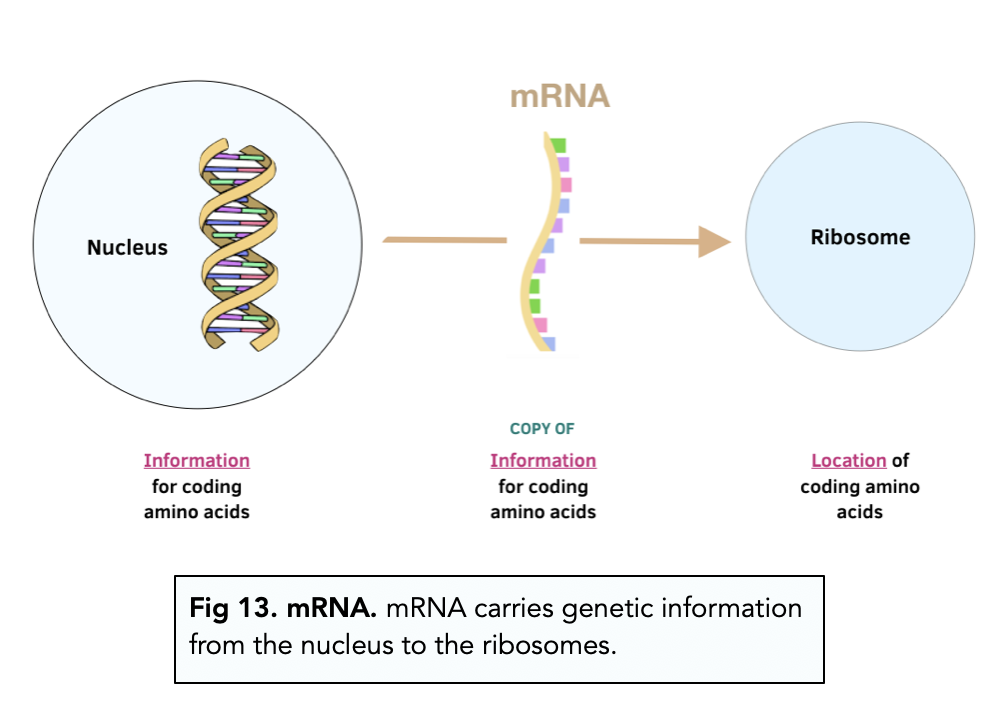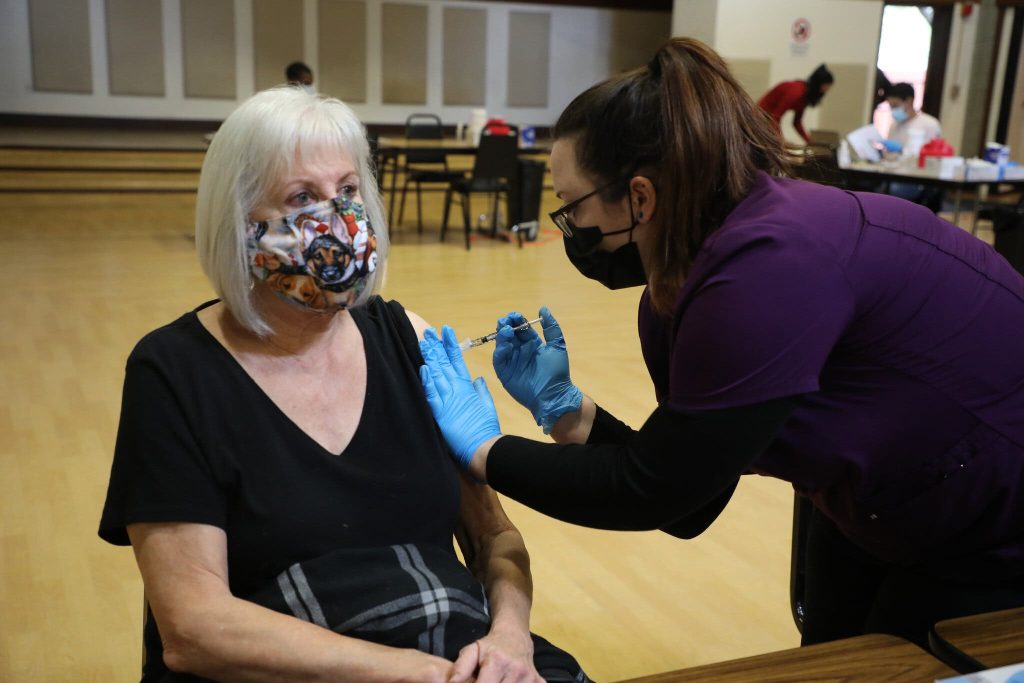As the United States continues to navigate the complexities of the ongoing pandemic, a growing body of research is shedding light on an unexpected connection between the COVID-19 vaccines and cancer outcomes. While the primary purpose of these vaccines has been to prevent severe illness from the SARS-CoV-2 virus, emerging studies suggest that they may also have a significant impact on cancer treatment and survival rates.
In this article, we explore the latest findings, expert opinions, and the broader implications of this groundbreaking research.
Understanding the Relationship
The Centers for Disease Control and Prevention (CDC) and other leading health organizations emphasize the importance of vaccination for individuals with cancer. People with weakened immune systems, including those undergoing cancer treatment, are at higher risk for severe complications from COVID-19. Vaccines have been shown to reduce the risk of hospitalization and death, even among cancer patients.
However, recent studies have uncovered a potential additional benefit: the ability of mRNA-based vaccines to enhance the effectiveness of cancer immunotherapy.
The New Study: A Promising Development
A study led by researchers at the University of Texas MD Anderson Cancer Center and the McKnight Brain Institute at the University of Florida found that mRNA vaccines, such as those developed by Pfizer and Moderna, were linked to a doubling in three-year survival rates for cancer patients receiving immunotherapy.
This finding was particularly notable because it was not related to the prevention of the virus itself, but rather to the immune system’s response to cancer.
Dr. Adam Grippin, co-lead author of the study, explained that the mRNA vaccines appear to “train” the immune system to recognize and attack cancer cells more effectively when combined with immune checkpoint inhibitors (ICIs). These drugs work by removing the “invisibility cloak” that cancer cells use to evade the immune system.
The study involved a large cohort of patients actively receiving ICIs for solid tumors. Researchers compared vaccinated and unvaccinated patients, focusing on adverse events, cancer progression, and overall survival.
The results were striking: patients who received at least one dose of an mRNA vaccine within 100 days of starting ICI were about twice as likely to be alive three years later compared to those who remained unvaccinated.
Safety and Efficacy of Vaccines in Cancer Patients
One of the key concerns for cancer patients is whether the vaccines could interfere with their treatment or worsen their condition. However, the study found that mRNA vaccines were generally safe for patients receiving immunotherapy. The rate of immune-related adverse events did not increase after vaccination compared to baseline ICI rates.
Common side effects like fever, fatigue, or arm pain were mild and temporary, similar to those seen in the general population. Most patients developed strong antibody responses after two vaccine doses, and booster shots further improved immune levels.
Importantly, there was no evidence that vaccination accelerated disease progression or worsened cancer control. In fact, vaccinated patients had lower rates of severe COVID-19 infection, hospitalization, and death.
Implications for Cancer Treatment
The study suggests that mRNA vaccines could play a role in improving the effectiveness of certain immune therapies. While the exact mechanism is still under investigation, researchers speculate that the immune stimulation caused by the vaccine might enhance the body’s antitumor immune response.
This could be particularly beneficial for patients with treatment-resistant disease, where traditional therapies may not be effective.
The researchers emphasized that while the study was observational, the survival advantage was not simply due to healthier patients being more likely to get vaccinated. However, they caution that causation cannot be proven, only a strong association.
Recommendations for Cancer Patients and Caregivers
Cancer patients and survivors should follow the CDC’s recommendations for vaccination. The agency advises that everyone aged 6 months and older stay up to date with COVID-19 vaccination, including those with underlying medical conditions.
For patients undergoing active cancer treatment, the CDC recommends delaying vaccination until at least 3 months after completing treatment, especially for those who have had stem cell transplants or CAR T-cell therapy.
Caregivers and family members of cancer patients should also get vaccinated and boosted. This helps protect the patient, as caregivers can be a source of transmission if they become infected.
Addressing Concerns About Side Effects
Some patients may worry that the vaccine could cause cancer to recur or make it more aggressive. However, there is no evidence to support this claim. The vaccines do not change your DNA and are not associated with cancer recurrence or progression.
Another concern is the possibility of vaccine-induced swelling in lymph nodes, which can occur after receiving the Pfizer or Moderna vaccines. This is typically a sign of a good immune response and should resolve within a week. If the swelling persists, patients should consult their healthcare provider.
Choosing the Right Vaccine

The CDC recommends the 2023–2024 updated COVID-19 vaccines, including the Pfizer-BioNTech and Moderna mRNA vaccines (approved for people age 6 months and older) and the Novavax protein subunit vaccine (approved for people age 12 years and older). There is no preference for one vaccine over another, aside from age requirements.
Future Research and Developments
Researchers are continuing to collect data on the effectiveness of vaccines in people with cancer. Studies are underway to better understand how different types of cancer and treatments affect vaccine responses.
Future research may lead to the development of more “variant-specific” boosters and potentially new mRNA vaccines tailored for cancer treatment.
Conclusion
The link between the COVID-19 vaccines and cancer is an area of growing interest and promise. While the primary goal of these vaccines remains the prevention of severe illness from the virus, emerging research suggests they may also offer significant benefits for cancer patients, particularly those receiving immunotherapy.
As the scientific community continues to investigate this relationship, it is clear that the impact of these vaccines extends beyond the fight against the pandemic. For many cancer patients, the potential to improve survival rates and treatment outcomes represents a major breakthrough.
Call to Action

Stay informed about the latest developments in cancer care and vaccination. Follow reputable sources such as the CDC, National Cancer Institute, and peer-reviewed journals for updates on this evolving field.
For more information on cancer treatment and prevention, visit the American Cancer Society or the National Institutes of Health.
Author: John Smith
Title/Role: Health Reporter
Credentials: John Smith is a seasoned health journalist with over a decade of experience covering medical advancements and public health issues. He has contributed to several national publications and is dedicated to providing accurate, evidence-based information to readers.
Profile Link: johnsmithhealthreporter.com
Sources:
1. Centers for Disease Control and Prevention (CDC)
2. National Cancer Institute
3. Nature Journal – Study on mRNA Vaccines and Cancer Immunotherapy
URL Slug: us-trending-news-covid-vaccine-cancer
Image Optimization:
–
–
– 
– 
–
Schema Markup:
{
"@context": "https://schema.org",
"@type": "Article",
"headline": "US Trending News: The Link Between Covid Vaccines and Cancer: What the Science Says",
"description": "Explore the latest research on the connection between the coronavirus vaccine and cancer treatment outcomes.",
"author": {
"@type": "Person",
"name": "John Smith"
},
"publisher": {
"@type": "Organization",
"name": "Health News Today",
"logo": {
"@type": "ImageObject",
"url": "https://www.healthnewstoday.com/logo.png"
}
},
"datePublished": "2023-10-05",
"dateModified": "2023-10-05"
}
Featured Snippet:
The link between the coronavirus vaccine and cancer is an area of growing interest. Emerging research suggests that mRNA vaccines may enhance the effectiveness of cancer immunotherapy, offering significant benefits for patients.











More Stories
What Is Yodo Para Tiroides and How Does It Affect Thyroid Health?
How to Claim Your Joy in League of Legends: A Step-by-Step Guide
What is WSET? A Comprehensive Guide to Wine Education